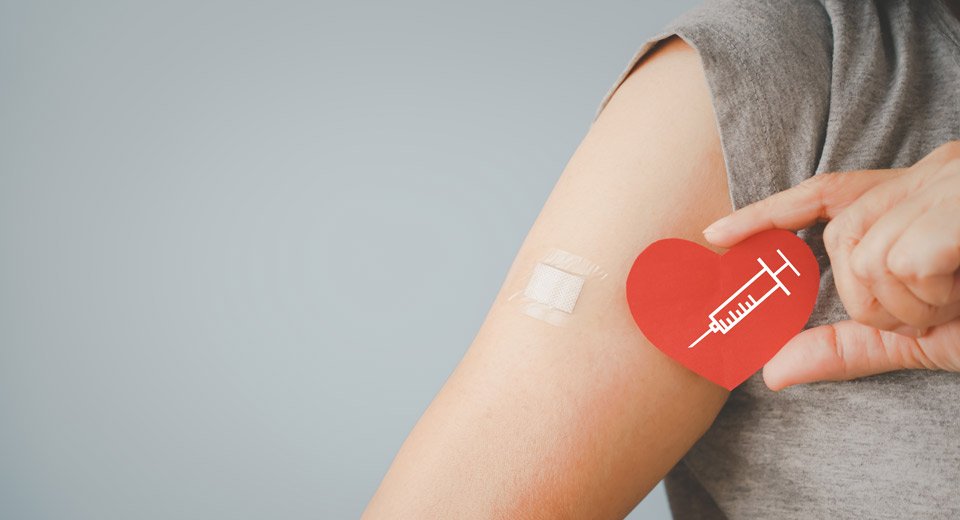Be prepared for the upcoming flu season

It’s hard to believe that the holidays are just around the corner - and so is the flu season.
As the Southern Hemisphere flu season between April and September came to a close, data revealed that their season was about the same as in previous years, according to the Centers for Disease Control and Prevention (CDC).
“The CDC is predicting the same or maybe a little lower activity of flu cases than we had last year,” said William Agel, MD, chief medical officer for Cape Cod Hospital and Cape Cod Healthcare. “While we haven’t seen any flu cases yet, it is important to remember that it circulates throughout the year and is more prevalent in the winter months because people are inside and congregating. Our peak time is typically October to April.”
Best Time to Get Your Flu Vaccine
“It’s best to get the flu vaccine at the end of September and through October for a couple of reasons,” Dr. Agel said. “It takes a couple of weeks for the vaccine to reach peak effectiveness, and it tends to provide protection for about six months and then wanes over time. If you hold off getting it until around Thanksgiving, you will still build protection, but it is better to get it earlier. The more people who get vaccinated, the fewer pathways there are to spread the virus.”
When the flu season ramps up so will the risk of getting COVID-19 and the RSV (respiratory syncytial virus).
Dr. Agel makes the following recommendations for the flu, COVID-19 and RSV vaccines:
- The flu vaccines for 2024-2025 season are trivalent to protect against three flu viruses: A(H1N1) virus, A (H3N2) virus and a (B/ Victoria) virus.
- The flu vaccine and COVID-19 vaccine can be given at the same time in two separate injections. Both are recommended for everyone over the age of 6 months.
- The symptoms from receiving both together have not been shown to be additive. The symptoms would be the same as only getting the flu shot.
- The RSV vaccine is recommended for pregnant women and younger children. When pregnant women get the RSV vaccine, it will protect their newborn for approximately six months after birth. If the mother doesn’t get the RSV vaccine, the baby can be treated with an RSV monoclonal antibody in the first six months of life.
- Those over the age of 75 and those who are immunocompromised or are at risk due to underlying diseases should get the RSV vaccine.
Side Effects of the Flu Vaccine
“Most people will experience discomfort at the injection site, some soreness and possibly redness,” said Dr. Agel. “A smaller number of people have a generalized malaise, possibly a headache, fatigue and sensation of a low-grade fever. It’s important to know that these symptoms don’t mean you are getting the flu. It is a sign the vaccine is working and creating an immune response that can make you feel a little under the weather for the first 24 hours.”
Steps to Take if You Get the Flu
“Most people will have a mild respiratory illness, fever, sore throat, headache and general malaise,” said Dr. Agel. “Treatment is supportive care with Tylenol, fluids and rest. There are some medications such as Tamiflu that can be prescribed by your physician to treat you, if you have had flu symptoms less than two days.”
Do You Have the Flu, COVID-19 or RSV?
Home testing is available for flu and COVID-19 with some tests that are combined to test for both in one test kit, said Dr. Agel. There isn’t a home test for RSV, but you can obtain a sample at home and send it to a lab for processing, but you won’t have immediate results.
“If you are feeling poorly, it’s best to test,” said Dr. Agel. “If your test is positive for flu or COVID-19 and you have risk factors for severe disease, touch base with your primary care physician to see if you should take one of the antiviral medications that are available. If you are healthy and not at risk, then isolate for the recommended time period so you don’t spread the virus to others. If testing is negative, and you still feel lousy, it’s a good idea to contact your primary care physician.”
